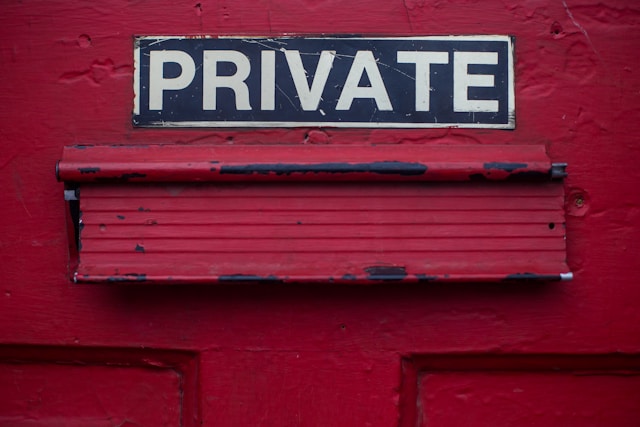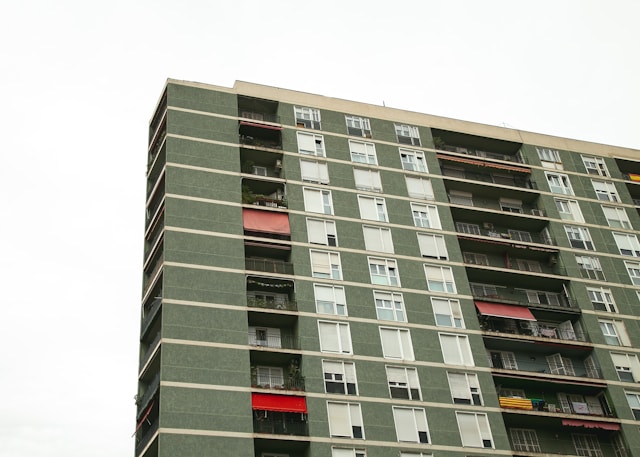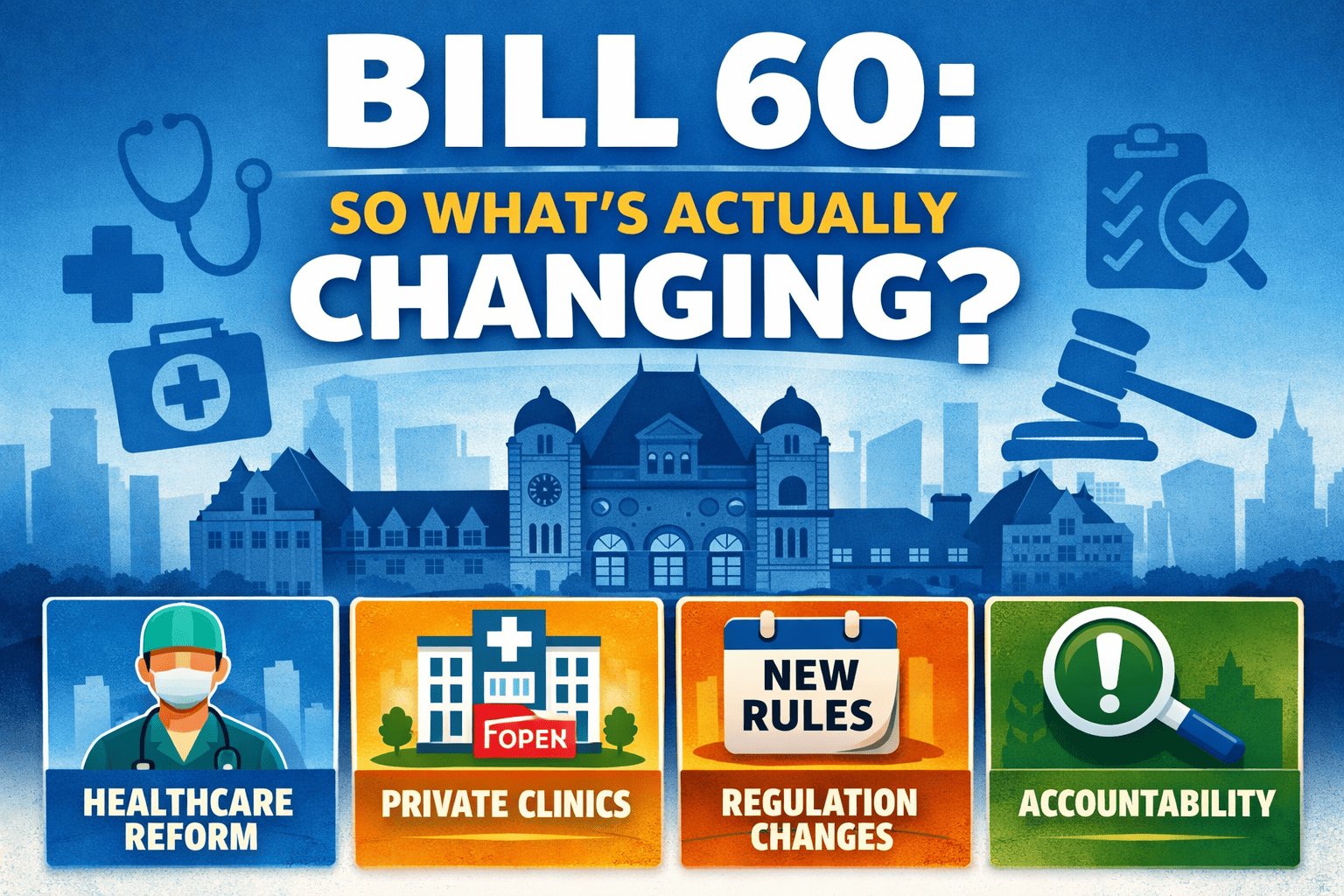Operating as a landlord in Ontario can be a rewarding investment, but it’s also a landscape filled with legal requirements and potential pitfalls. A single misstep—from an improper rent increase to a mishandled eviction notice—can lead to costly disputes at the Landlord and Tenant Board. This guide outlines the most common legal errors and provides proactive strategies to ensure your property management practices are compliant and secure.
1. Stay Current on the Rules
Many landlords run into trouble because they don’t keep up with the ever-evolving Residential Tenancies Act (RTA). The RTA is the foundational law governing most rental relationships in Ontario, and ignorance is not a defense. To get a foundational understanding, a great starting point is a complete overview of the Landlord and Tenant Act in the GTA.
- Tip: Regularly review the latest legal updates, especially for changes affecting lease agreements, notice periods, and maintenance requirements. For instance, recent shifts in regulations, such as the stricter penalties for developers who break ethics codes, can also impact how rental properties are managed and marketed.
2. Master the Art of Proper Tenant Screening
Tenant screening is a critical step that must be handled with care to avoid discrimination claims. While you want to find the best tenant, you must adhere to legal procedures. It’s crucial to know what landlords should look out for when reviewing tenant applications and also understand the four essential factors to consider when screening rental applications.
- Checklist: Follow a consistent process for all applicants. This includes using compliant interview questions and properly verifying income and references. Learn the important questions to ask when conducting a landlord reference check to ensure you secure an AAA tenant.
3. Use the Correct Lease Agreement
Ontario mandates the use of a standard lease template for most residential rentals. Trying to use an old or customized lease can invalidate certain clauses or expose you to legal risk. To fully comply, you should understand what the Ontario Standard Form of Lease is and how to use it effectively.
- Best Practice: Always use the standard lease and ensure all details, such as rent due dates and utility responsibilities, are clearly spelled out.
4. Serve Rent Increases with Precision
Raising rent requires more than just a heads-up. Landlords must provide a proper written notice with at least 90 days’ lead time. Failing to do so can void the increase entirely. For more guidance, you can learn how to serve a rent increase properly in Ontario. If you wish to raise the rent beyond the provincial guideline, you must apply to the Landlord and Tenant Board and follow a specific process, and you can learn about three ways to increase rent above the guideline.
- Tip: Be cautious with units that are exempt from rent control; while they allow more flexibility, legal notice is still mandatory.
5. Respect Tenant Privacy and Entry Rules

Entering a tenant’s unit without permission is a serious violation. Ontario law requires a minimum of 24 hours’ written notice before entering, unless it’s a true emergency. To remain compliant, you need to understand when and how a landlord can inspect their own rental property.
- Best Practice: Schedule annual inspections and document them meticulously. This not only protects your property but also builds transparency and trust with your tenants, and there are best practices for why you should be conducting annual general inspections.
6. Keep Up with Maintenance
As a landlord, you are legally responsible for keeping your property in a good state of repair, even if tenants don’t complain. Timely responses to repair requests are non-negotiable. To stay ahead of issues, it’s crucial to understand a landlord’s legal responsibilities around property repairs.
- Pro-Tip: Stay proactive by scheduling regular maintenance and inspections. Learn about managing property repairs and maintenance after inspections.
7. Handle Rent Collection Legally
There are strict rules about how you can collect rent and what you can charge. Illegal late fees, threats of eviction without proper notice, or refusing to provide receipts are common violations. To avoid these issues, you should understand legal methods for late rent collection in Canada by province and know exactly when rent is officially considered late.
- Tip: Have a clear, legally compliant policy in your lease agreement and stick to it.
8. Prioritize Impeccable Record Keeping
Lack of documentation is a silent killer for landlords. If a tenant files a complaint, your ability to prove your compliance hinges on solid records. To avoid trouble, it’s essential to implement good accounting and bookkeeping practices and avoid common financial record mistakes landlords make.
- Best Practice: Keep detailed records of all communication, financial transactions, and maintenance activities. This will protect you during a dispute and simplify things like tax season. Clean records are also essential for understanding rental property tax deductions in Canada.
9. Don’t Go It Alone
Managing a property is a demanding job, and trying to handle everything yourself can lead to missed legal steps, delayed repairs, and poor tenant relationships. Consider hiring a professional property manager to handle the day-to-day operations and legal complexities. To help you decide, you can explore the pros and cons of the DIY management dilemma or use a guide to choosing the right property manager for your needs.
Final Thoughts
Ontario landlords operate in a highly regulated environment. But by staying informed, documenting thoroughly, and working with the right experts, you can reduce legal risk and grow your investment securely. Whether you’re managing one unit or an entire portfolio, compliance isn’t just good practice—it’s essential protection.





